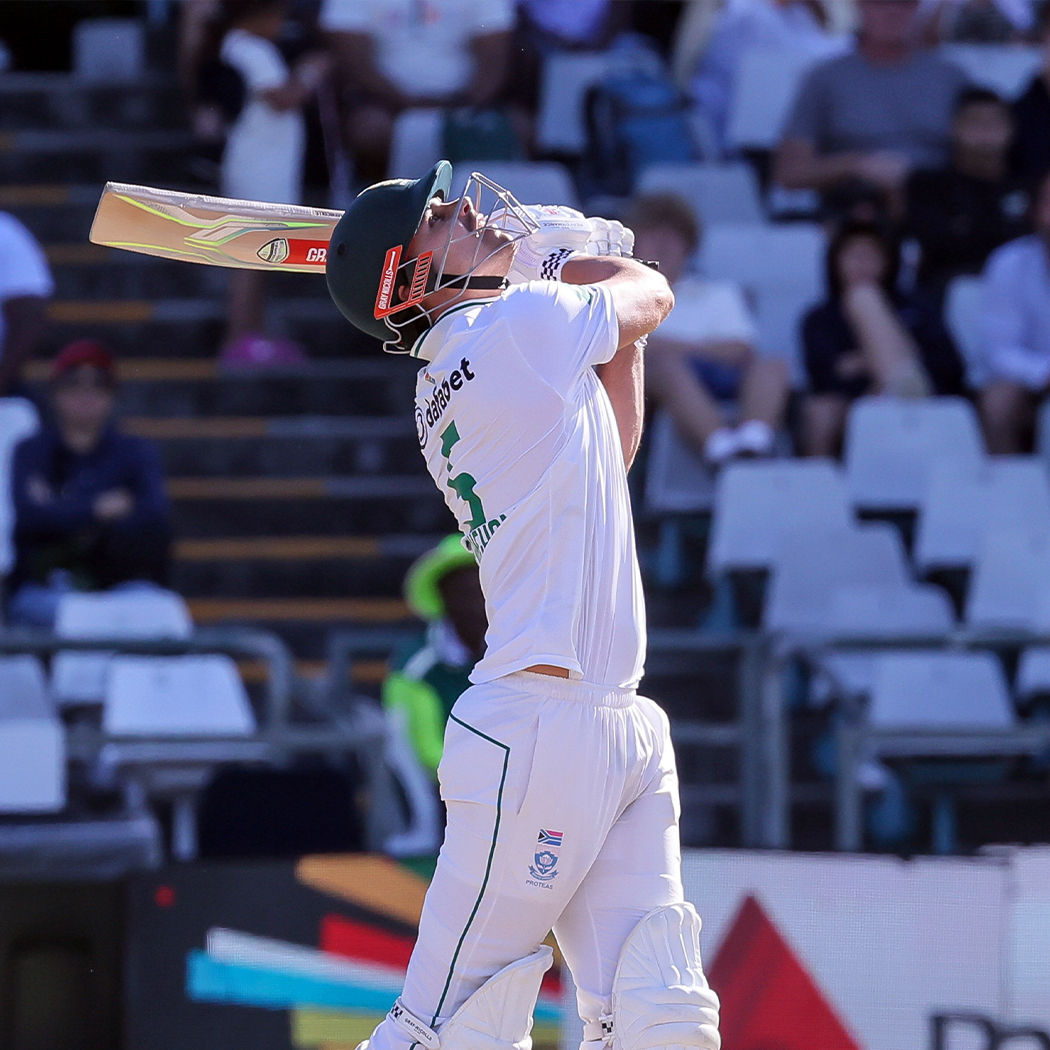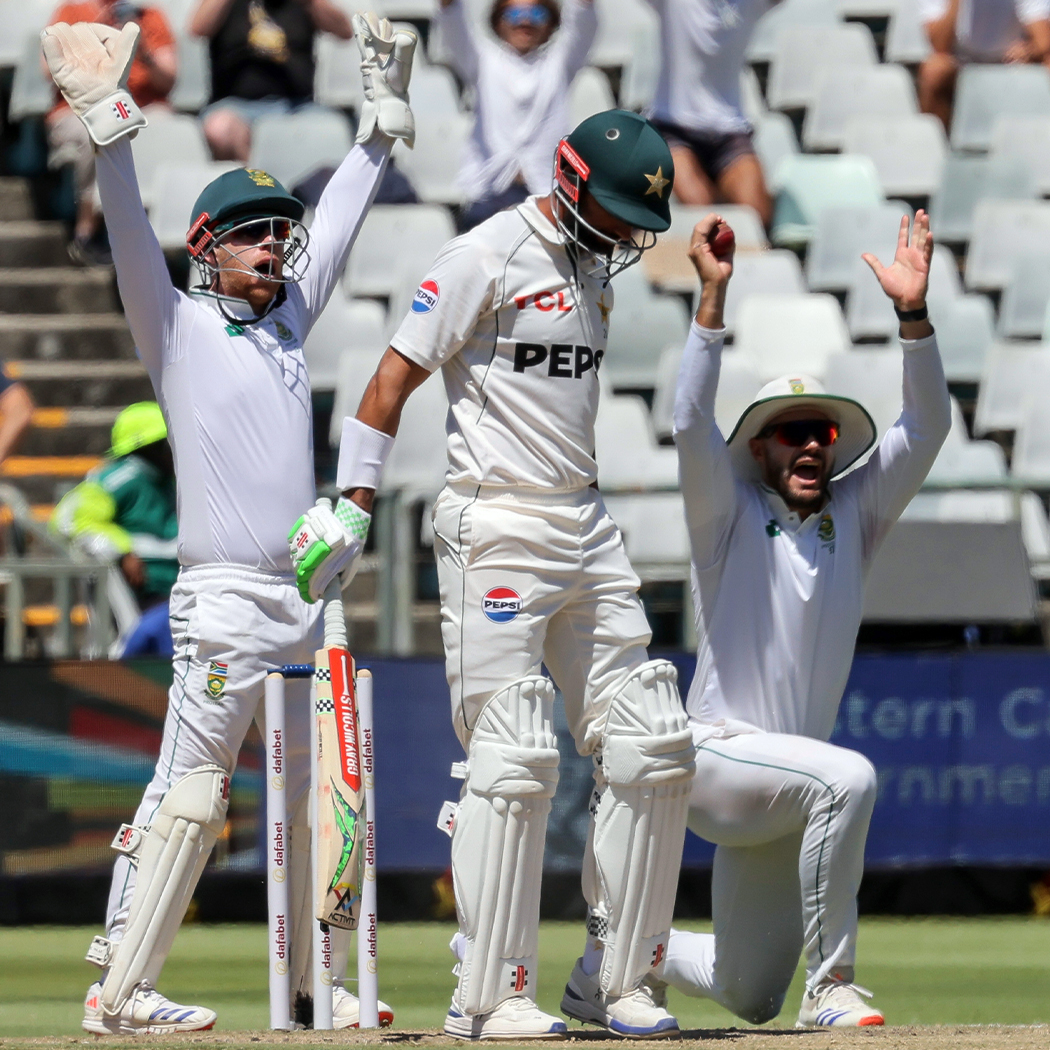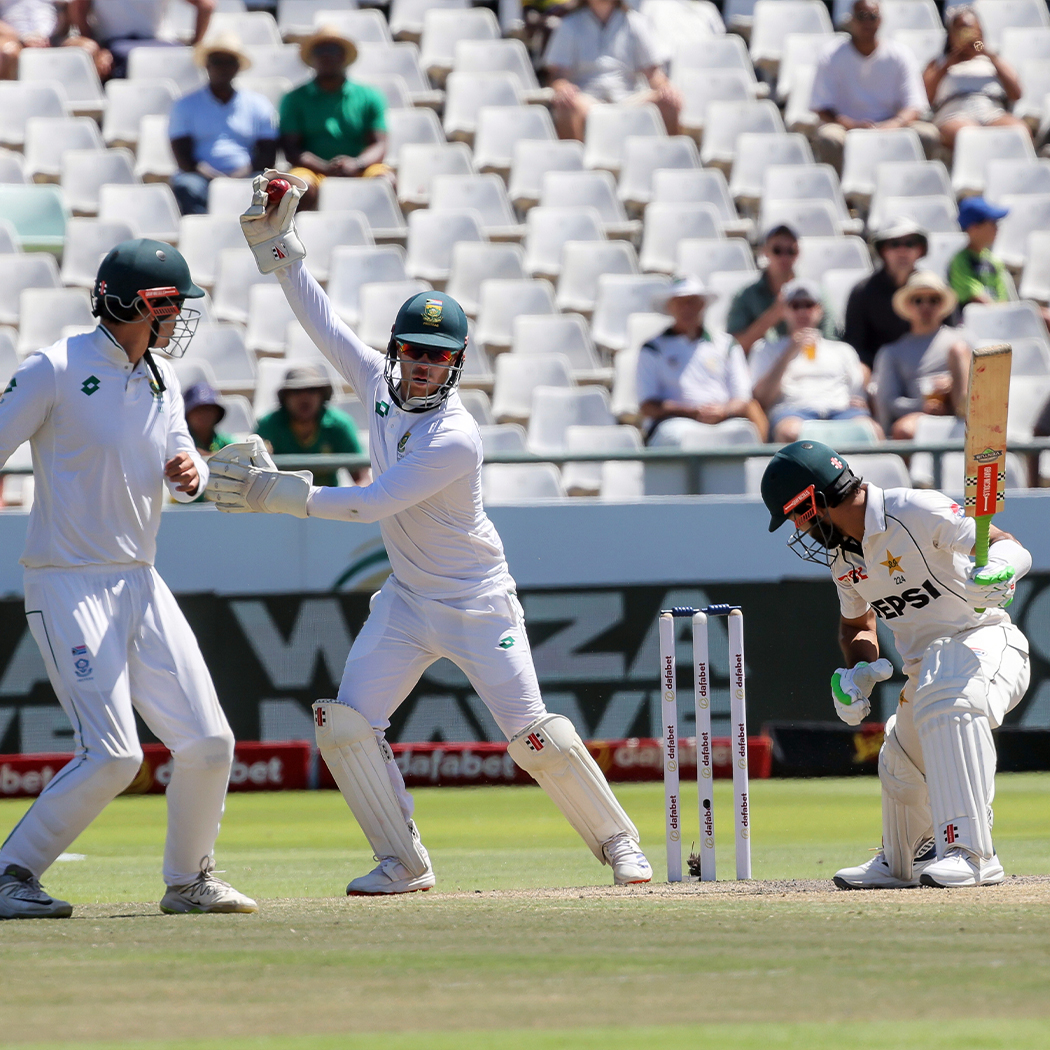ISLAMABAD: Pakistan’s plan to raise taxes in its 2024-25 budget and boost state revenues will help it win approval from the International Monetary Fund for a loan to stave off another economic meltdown, but could fuel public anger, a former finance official, experts and industrialists said.
The South Asian country has set a challenging tax revenue target of 13 trillion rupees ($47 billion) for the year starting July 1, a near-40 percent jump from the current year, and a sharp drop in its fiscal deficit to 5.9 percent of GDP from 7.4 percent for the current year.
Pakistan had to reduce its fiscal deficit as part of negotiations with the IMF, with which it is discussing a loan of $6-8 billion, as it seeks to avert a debt default for an economy growing at the slowest pace in the region.
“The budget is enough to get an IMF Programme, as long as ... the budget is passed in the way it is presented,” former finance minister Miftah Ismail said. But he said the revenue targets will be challenging, as will the growth target of 3.6 percent.
“The two cannot happen simultaneously,” said Ismail, who as then-finance minister successfully negotiated the revival of Pakistan’s last Extended Fund Facility (EFF) program in 2022.
Outside analysts largely concur.
Emerging Market Watch’s Metodi Tzanov believes the budget in its current form should be acceptable to the IMF.
“The government ticked almost all the right boxes to comply with IMF conditions, including withdrawal of tax exemptions, raising corporate tax for exporters, increasing the personal income tax rate, tightening the noose around non-filers, and hiking fuel tax,” he said.
But some said the IMF might baulk if it saw the tax target as unrealistic.
Finance Minister Muhammad Aurangzeb, who presented the budget for the first time, said he expected to seal a Staff-Level Agreement with the IMF in July.
The IMF did not immediately publicly comment on the budget and did not respond to questions sent by Reuters.
The big rise in the tax target is made up of a 48 percent increase in direct taxes and 35 percent hike in indirect taxes. Non-tax revenue, including petroleum levies, is seen increasing by a whopping 64 percent.
Taxes have notably been slapped on previously protected export-oriented sectors such as textiles, which consistently make up over half of Pakistan’s exports, and whose receipts keep a persistently high external account deficit in check.
The representative body for the sector, All Pakistan Textile Mills Association, called for a review of the budget, terming it “extremely regressive” and one that “threatens the collapse of the textile sector and its exports.”
It warned of “dire consequences for employment and external sector stability, as well as for overall economic and political stability and security.”
The Pakistan Business Council also called for budgetary measures to be reconsidered.
“The budget prioritizes securing another IMF EFF but lacks innovation for domestic economic growth,” said Musadaq Zulqarnain, director at the Pakistan Textile Council and chairman of Interloop, one of Pakistan’s largest textile manufacturers.
The coalition government of Prime Minister Shehbaz Sharif does not have the luxury of a parliamentary majority to help it pass the budget smoothly.
Sticking to the reform measures will require it to resist pushback from key economic sectors as well as a broader public already angry at the prospect of further price rises.
Sharif’s party had to convince its largest ally, the Pakistan Peoples Party (PPP), without whom it does not have a majority, to attend the budget session in parliamentary. PPP said it was not happy with some of the measures.
But analyst Yousaf Nazar, formerly of Citibank, believes the protestations are just political posturing. “(PPP) won’t rock the boat,” he said.
With few options in the short term to support Pakistan’s recent stability, an IMF program appears crucial.
Increasing the tax base in an economy where proper documentation is often lacking will require considerable time and effort. Pakistan’s undocumented parallel economy is huge and 44 percent of its nominal GDP does not contribute significantly toward direct tax revenue, according to the Tola Associates, a tax firm.
Traders and agriculturalists in particular, both politically influential, have resisted the government’s push to register themselves and document their sales.
“If the tax base is not going to increase, moving forward, the country’s tax revenues growth can drop further and it might end up as a dead weight loss to the economy,” Tola Associates said in a note.
“The real challenge is that of implementation,” said former central bank chief and Managing Director at Alvarez & Marsal Reza Baqir.
“For example, the budget targets an ambitious increase in the tax-to-GDP ratio. Many previous budgets have similarly targeted ambitious improvements. I would hope that the lessons from why those ambitions were not realized have been reflected in this budget.”
Pakistan’s tax-heavy budget likely to land IMF bailout, but stoke tensions
https://arab.news/pquem
Pakistan’s tax-heavy budget likely to land IMF bailout, but stoke tensions

- Coalition government of PM Sharif does not have the luxury of a parliamentary majority to help it pass the budget smoothly
- Pakistan has set challenging tax revenue target of $47 billion for the year starting July 1, near-40% jump from current year
Pakistan launches first locally made ventilator in bid to achieve technological self-reliance

- The AlnnoVent AVB-100 ventilator supports adult patients across five invasive and two non-invasive ventilation modes
- The ventilator was created in response to the acute shortage of respiratory aid devices during the COVID-19 pandemic
ISLAMABAD: Pakistan Planning Minister Ahsan Iqbal on Monday launched the country’s first locally made ventilator, Pakistani state media reported, describing it as a step toward technological self-reliance.
The Drug Regulatory Authority of Pakistan (DRAP) last month approved the ‘AlnnoVent’ ventilator, which has been developed by the Alsons Group precision manufacturing firm in Karachi. After successfully passing clinical trials, the ventilator has been officially licensed for production.
The AlnnoVent AVB-100 is an electro-mechanical ICU ventilator that meets international standards of quality and reliability. It supports adult patients across five invasive and two non-invasive ventilation modes, making it suitable for a range of critical care scenarios. The ventilator was created in response to the acute shortage of respiratory aid devices during the COVID-19 pandemic.
Speaking at the launching ceremony, Iqbal praised the company for its efforts and emphasized that Pakistan needed more such innovators to succeed in a rapidly evolving world, the Associated Press of Pakistan (APP) news agency reported.
“We require an army of such individuals – people who combine skill, hard work, ambition and the intelligence that defines our nation,” the minister was quoted as saying.
The development comes as Pakistan’s government attempts to steer the country out of a prolonged macroeconomic crisis that has weakened the South Asian country’s currency and drained its foreign exchange reserves over the past few years.
Finance Minister Muhammad Aurangzeb has consistently emphasized the need for Islamabad to adopt an export-led economy to achieve sustainable, long-term economic growth.
Iqbal emphasized that Pakistan’s economic success depended on its ability to innovate and produce new products, which would help shift the country to a more export-driven economy.
He urged private sector leaders to leverage Pakistan’s affordable human resource to produce high-quality goods that could compete in global markets.
“You are the drivers of Pakistan’s future and the government will stand behind every private sector initiative that helps bring in exports and dollars,” the minister said.
UNICEF donates ‘mobile clinics’ to Pakistan to strengthen immunization efforts in remote regions

- The donation will help improve service delivery, address immunization gaps and reach children in underserved areas
- Official says children’s vaccination top priority of government, clinics will help overcome accessibility challenges
ISLAMABAD: The United Nations International Children’s Emergency Fund (UNICEF) has donated seven “mobile clinics” to Pakistan to improve immunization services in the country’s remote regions, it said on Monday.
The move follows the transfer of 23 mobile units in Nov. 2021 to the Pakistani provinces of Sindh, Punjab, Khyber Pakhtunkhwa and Balochistan as well as the Islamabad Capital Territory.
The vehicles are crucial for expanding immunization services to Pakistan’s most vulnerable populations, and the project aims to improve service delivery, address immunization gaps, and reach zero-dose children in underserved areas, according to UNICEF.
The 4x4 vehicles were handed over to Pakistani officials at a ceremony held at the Federal Directorate of Immunization (FDI).
“These mobile clinics will deliver essential immunization services, guaranteeing equitable access for all communities,” UNICEF said in a statement.
On the occasion, Special Health Secretary Mirza Nasir-ud-Din Mashood Ahmad termed the necessary vaccination of children top priority of the Pakistani government.
“UNICEF’s provision of 4x4 vehicles will help overcome accessibility challenges in hard-to-reach areas, ensuring quality immunization services in remote regions of KP, Balochistan, GB, and AJK,” he said.
Director-General Health Dr. Shabana Saleem stressed the importance of ensuring that vaccines reach every child, regardless of their location.
“These vehicles will strengthen our outreach capacity and help ensure that every child has equitable access to life-saving vaccines,” she said.
UNICEF’s Dr. Gunter Boussery said he was honored to contribute to this collective effort to serve Pakistan’s underserved communities.
UNICEF’s humanitarian aid to Pakistan focuses on education, health care and protection for vulnerable populations. In 2025, it seeks to support nutrition, emergency relief, refugee support, and disaster risk reduction, according to the UN agency.
Pakistan PM orders immediate steps to confiscate properties, assets of human traffickers

- The issue of human trafficking gained attention in Pakistan after last month’s boat capsize in Greece that killed five Pakistanis
- PM Shehbaz Sharif orders authorities to enhance prosecution for those involved in human trafficking, ensure strict punitive measures
ISLAMABAD: Prime Minister Shehbaz Sharif on Monday directed authorities to take immediate steps to seize properties and assets of human traffickers, his office said, following the death of five Pakistani nationals in a migrant boat capsize off the southern Greek island of Gavdos last month.
The issue of illegal immigration to Europe and its consequences gained significant attention in Pakistan after last month’s incident, with the prime minister ordering “intensified efforts” against human traffickers in the country.
The boat tragedy, which occurred on Dec. 14, underscored the perilous journeys many migrants undertake due to conflicts around the world. In the case of Pakistani nationals, the movement is mostly driven by economic reasons, with many young individuals attempting to reach European shores in search of better financial prospects.
On Monday, Sharif presided over a meeting to discuss the progress of actions taken against human trafficking, legal proceedings against facilitators and legislative advancements to combat human smuggling.
“Severe legal action be taken against all human trafficking groups in the country so that they become an example for others,” Sharif was quoted as saying by his office.
“Immediate legal action be taken to confiscate properties and assets of human traffickers.”
The development follows the arrest of multiple suspects involved in last month’s boat tragedy in Greece as well as another major incident in 2023, in which hundreds of migrants, including 262 Pakistanis, had drowned when an overcrowded vessel traveling from Libya capsized and sank in international waters off the southwestern Greek coastal town of Pylos.
The prime minister ordered authorities to enhance prosecution for those involved in human trafficking and ensure strict punitive measures against its facilitators. He directed the Foreign Office take measures for swift extradition of Pakistanis involved in human trafficking abroad.
“The screening process at airports for individuals traveling abroad should be made more effective,” he said, asking the information and interior ministries to launch public awareness campaigns to encourage citizens to pursue only legal channels for overseas employment.
The prime minister also stressed the promotion of technical training institutes to provide certified and skilled workforce to international markets.
South Africa wrap up Test series win over Pakistan

- Forced to follow on 421 runs , Pakistan battled to 478 all out
- South Africa easily knocked off a target of 58 on the fourth day
CAPE TOWN: South Africa eased to a 10-wicket victory over Pakistan in the second Test on Monday in Cape Town to secure a 2-0 series win despite second-innings resistance from the tourists.
Forced to follow on 421 runs behind on the first innings, Pakistan battled to 478 all out but South Africa, who qualified for the World Test Championship final last week, easily knocked off a target of 58 late on the fourth day.
David Bedingham hit 44 not out off 30 balls as South Africa sealed victory in just 7.1 overs.

Bedingham was opening in place of Ryan Rickelton, who suffered a hamstring strain in the field after scoring 259 in South Africa’s first innings of 615.
Captain Shan Masood led Pakistan’s fightback, scoring 145.
Masood fell to the second new ball, trapped leg before wicket by 18-year-old debutant Kwena Maphaka.

Masood’s dismissal came three balls after Kagiso Rabada had Saud Shakeel caught at second slip for 23, ending a 51-run fourth-wicket stand.
Pakistan, a batter short after Saim Ayub suffered a broken ankle while fielding on the first morning, were still 92 runs in arrears after the double blow.
But Mohammad Rizwan (41) and Salman Agha (48) put on 88 for the sixth wicket and Aamer Jamal hit a quick 34 before the innings was ended.

South Africa’s bowlers received virtually no assistance from a placid pitch.
Left-arm spinner Keshav Maharaj, who had been expected to be a major factor on a fourth day pitch, achieved minimal spin and toiled for 45 overs to take three for 137.
South Africa will go into the Test championship final against Australia at Lord’s in June on the back of seven straight wins — the second most successful sequence in their history.
Pakistan suspends mobile, Internet service for two days in capital of restive Balochistan province

- The development came a day after a suicide blast killed five Pakistani soldiers in Balochistan’s Kech district
- The southwestern province has been the site of a long-running insurgency, which has intensified in recent years
QUETTA: Authorities in Pakistan’s southwestern Balochistan province have suspended cellular and mobile Internet services in the provincial capital of Quetta for two days, officials said on Monday, citing “security reasons.”
The decision came a day after a suicide attack on a convoy of Frontier Corps (FC) paramilitary force in the Kech district, which killed five soldiers and injured several others.
The attack was claimed by the outlawed Baloch Liberation Army (BLA), one of the most prominent armed groups involved in dozens of attacks that killed over 100 people in Balochistan in 2024.
Balochistan, a mineral-rich Pakistani province which shares its border with Iran and Afghanistan, has been the site of a long-running insurgency, which has intensified in recent years.
“The provincial home department requested the Pakistan Telecommunication Authority (PTA) to suspend the mobile service in Quetta,” Deputy Commissioner Saad bin Asad told Arab News.
“Cellular and mobile Internet services have been suspended for two days due to security reasons,” he said, without specifying the nature of these threats.
Baloch separatist groups say they are fighting what they call exploitation of the region’s resources by the state. The Pakistani government denies the allegation and says it is working for the uplift of the impoverished region.
In 2024, Balochistan witnessed a dramatic 41 percent increase in militant attacks. Nearly 300 people were killed in 564 attacks of different variations in the province, while 44 percent of these attacks targeted Pakistani security forces, according to the provincial government data.
Sunday’s mobile and Internet service suspension also came hours after a re-election in a provincial assembly constituency, PB-45, which triggered protests by Jamiat Ulema-e-Islam (JUI) religious party over alleged rigging of poll.
The JUI announced a province-wide shutter down strike in the province on Monday, which was partially observed in areas where the party has strong presence.










